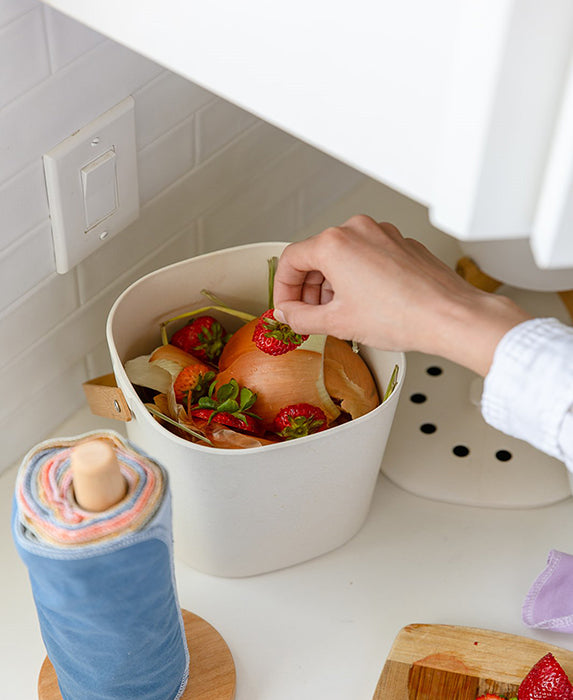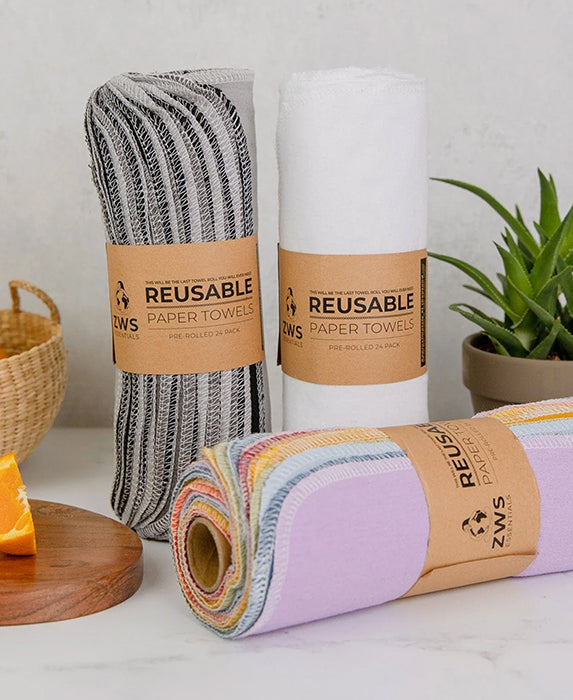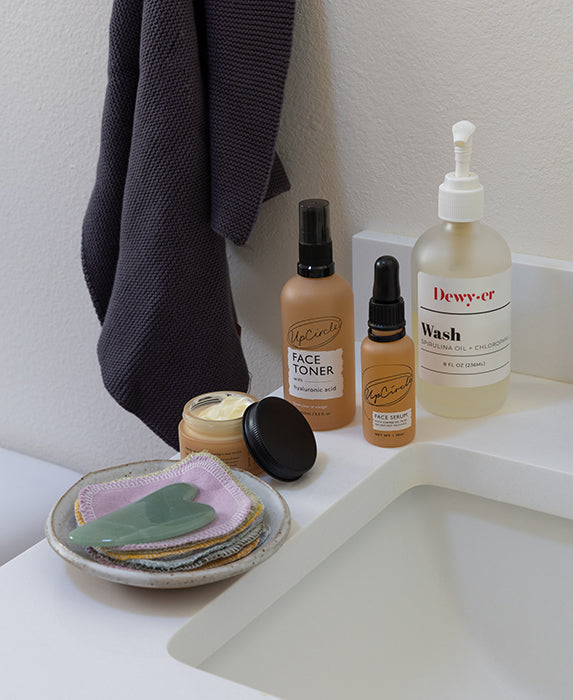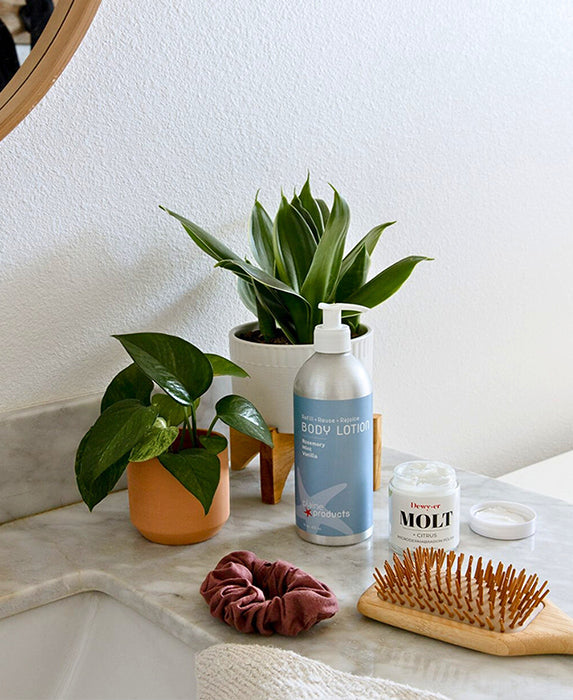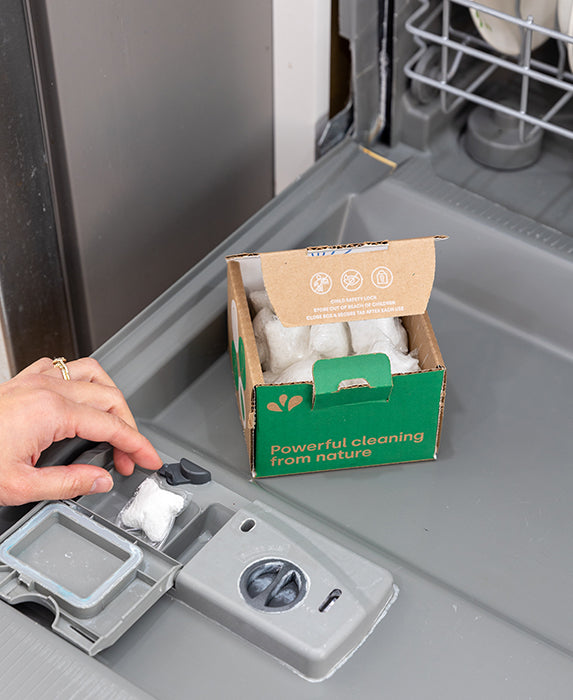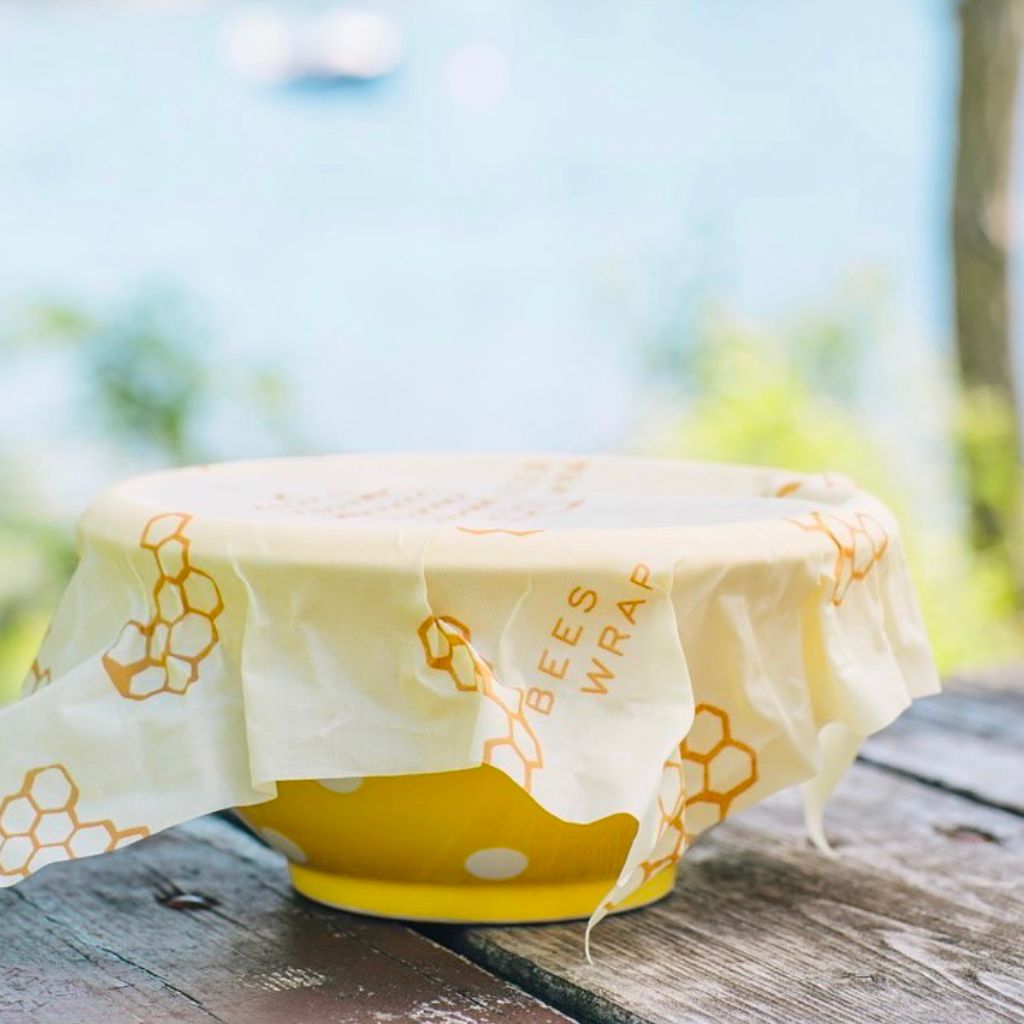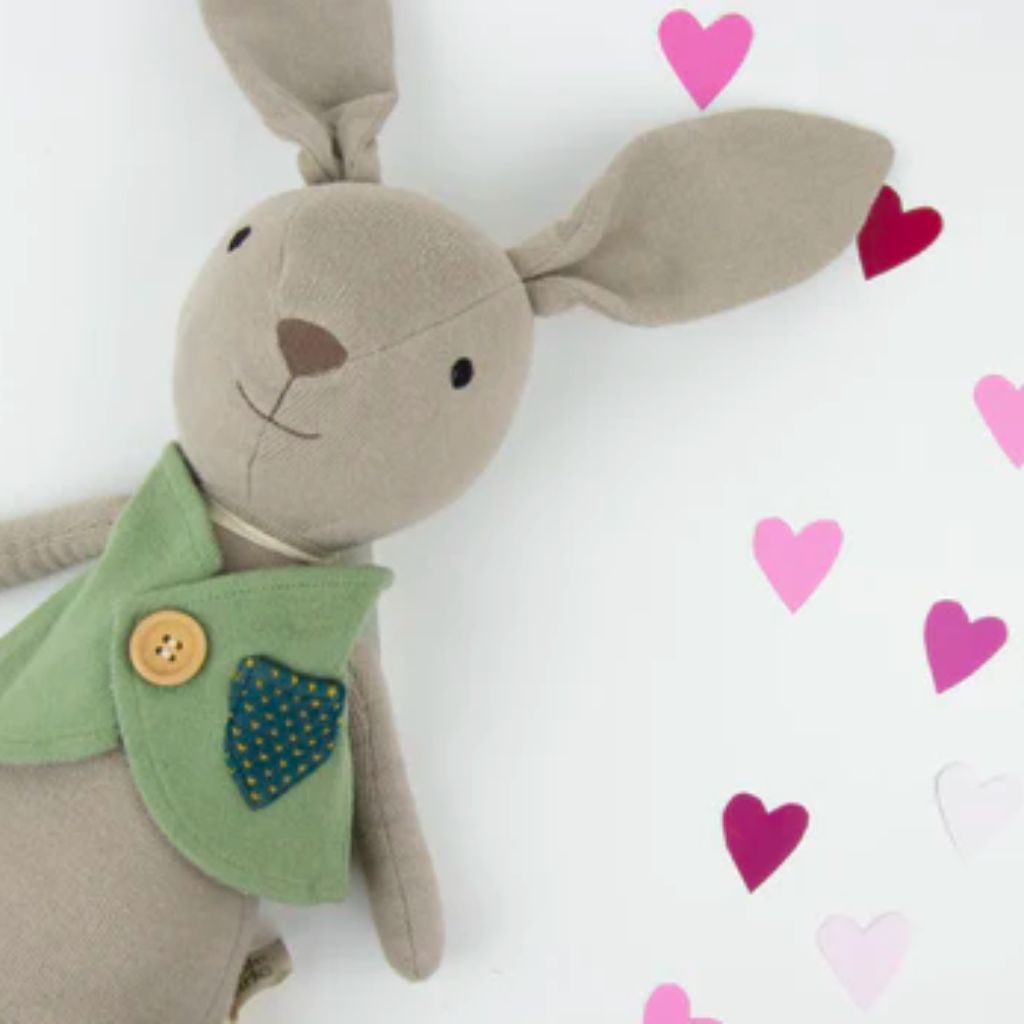There’s plenty of talk around beeswax and whether it’s ethical and eco-friendly or not and, if it is, what makes it so. We want to talk a bit about what beeswax is, how it is sourced, and why we at EarthHero have products made from beeswax.
Is beeswax safe to use?
As an all-natural product, beeswax is often preferred over synthetic waxes when it comes to cosmetic products or home decor. At EarthHero, we carry both soy wax candles and beeswax candles for their safe burning practices and manufacturing. That way, the products you bring into your home aren’t harmful to pets or kids. Of course, you’ll always want to supervise burning candles regardless of their material origin.

Moreover, we like using beeswax because of its near fragrance-free quality. Beeswax, compared to other waxes, has a subtle and sweet scent that makes for an invigorating addition to one’s home without inflaming the senses. Typically, beeswax candles are not scented to avoid masking the natural sweetness of the wax. Plus, unlike paraffin candles, beeswax candles are naturally purifying by producing negative ions which balance out heavier, positive ions in your home and weigh them down so they don’t pollute your air.1
Does beeswax extraction harm bees?
Beeswax is an all-natural product which means it does not need to be manufactured (but can be). A by-product of honey production, beeswax forms in beehives when honey bee workers extract wax discharge which builds up on hive walls2. To create beeswax, honey bees require an adequate supply of honey. As such, if there is no honey there is no beeswax.
Furthermore, for bees, the cleaner their hive, the more productive they can be as workers, and the better environment they can create for reproduction and for rearing young. This is why you might see abandoned hives in nature that might be disease-ridden or too waxy for continued living. When beekeepers are diligent about cleaning beeswax from a bee colony’s hive, they support and facilitate this process. Of course, this requires particular cleaning practices that don’t crush the hive and force the bees to overwork for honey production.3
While beekeeping has gotten a bad reputation (and for good reason) there are incredible beekeepers whose practices are ethical and sustainable. This includes ample care that there is no mishandling of bees or wing-clipping involved. Overall, the most important element in proper and ethical beekeeping is ensuring adequate beekeeper training and ethical animal handling practices are followed, which many certifications ensure.
Is beeswax eco-friendly?

Since bees are one of our most prominent pollinators, we must protect them4. This involves supporting proper bee handling as mentioned previously, which includes not using cheap sugar water as feed substitution or crushing beehives after extraction. Eliminating the use of pesticides and chemicals in beekeeping practices is also important for bee conservation, so ensuring that the beeswax was extracted sustainably is fundamental5. When poisoned while foraging, honey bees can contaminate an entire bee colony, leading to disease or the death of a bee community. Supporting and buying from beekeepers who produce organic, chemical-free beeswax and honey mean not supporting bee poisoning and death.

From a product perspective, beeswax is typically biodegradable, especially when combined with other biodegradable materials like organic cotton when it comes to beeswax wraps or candles. That means, when you’re done with your beeswax-based product, you can bury it in your backyard, add it to your compost pile, or send it to an industrial composting facility with little environmental impact. Finally, compared to their plastic counterparts, beeswax products (like beeswax) eliminate the need for single-use plastic bags and cling wrap which cannot be easily recycled and end up in landfills.
How we source ethically.
While sourcing requirements depend on a number of factors, including the type of product in question, all brands and products we bring onto the EarthHero marketplace have to meet our strict requirements. When it comes to beeswax, it is no different.
At EarthHero, to ensure we source sustainable and ethical beeswax for our products, whether candles, lip balms or otherwise, we look at:
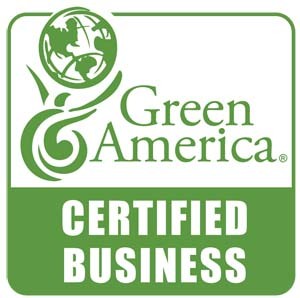
- Certifications: Many of our beeswax-producing companies are Green America Certified, which ensures companies prioritize the social impact of their business. Other certifications we look for are Leaping Bunny and Cruelty-Free International, which ensure ethical beeswax and honey extraction practices are employed by the business.
- Worker & Animal Safety: One unique feature about our bee-related brands is their “Bee-First Apiaries”, which means they allow their bees to enjoy their own honey, as opposed to replacing it with sugar water. An uncommon beekeeping practice, “bee-first apiaries” ensure that the bees’ comfort and safety are prioritized above all else. We also look for chemical-free and organic manufacturing which prioritize the safety of both workers and bees during the process, from start to finish.
- Giveback: When sourcing beeswax products (and really, any product for EarthHero), we also look for giveback programs. One non-profit we love is Friends of the Earth Bee Action Program, which works to protect bee habitat and change the way we engage with our buzzing friends.
Our Favorite Beeswax Products
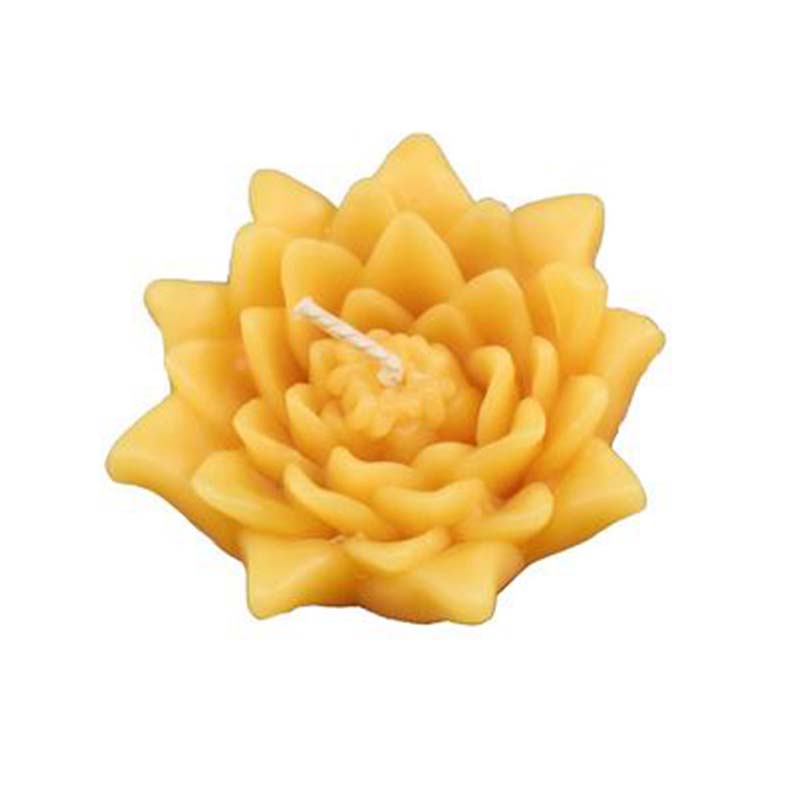
Floating Lotus Blossoms | Honey Candles
A new favorite, these lotus-shaped candles come in a 3-pack and are an incredible addition to an evening bath routine. They can burn while floating on water, or else can be used to decorate your home.
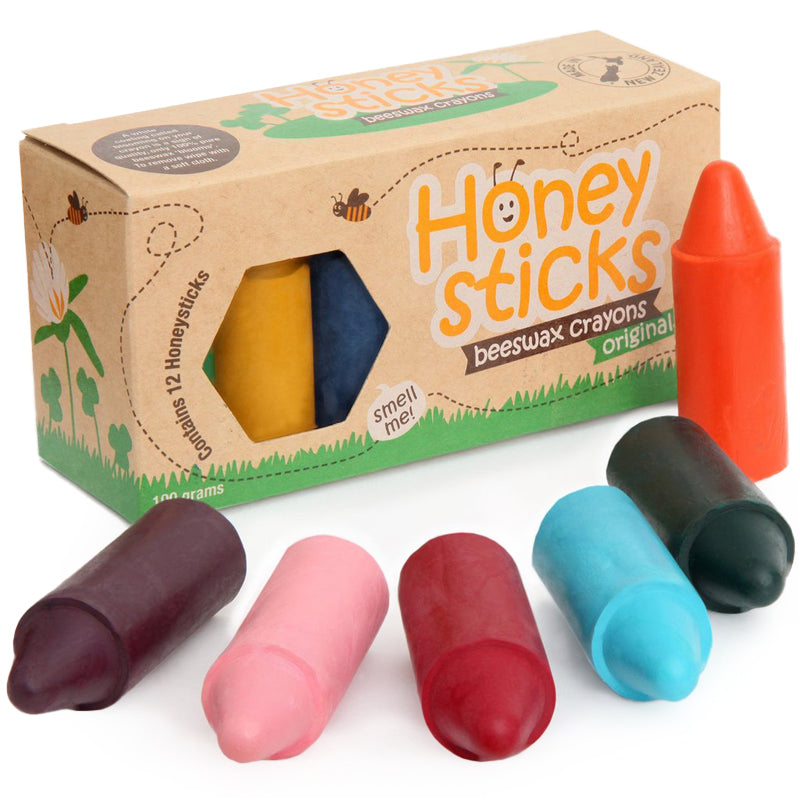
Original Beeswax Crayons | Honeysticks
A safe alternative to conventional crayons, these beeswax crayons are homemade from 100% New Zealand beeswax and are shaped perfectly for tiny fingers.
Large Reusable Beeswax Wraps | Khala & Company

A food preservation technique used by ancient Egyptians, beeswax wraps are a plastic-free alternative to cling wrap or plastic bags. These are easily moldable with warm hands and are 100% compostable at the end of their life.

Healing Lip Salve | Fat and the Moon
Made from a blend of mango butter, sunflower butter, and beeswax, this lip healing salve provides optimal comfort and moisture when you need it most.
Lavender Organic Lotion Bar | Moon Valley Organics
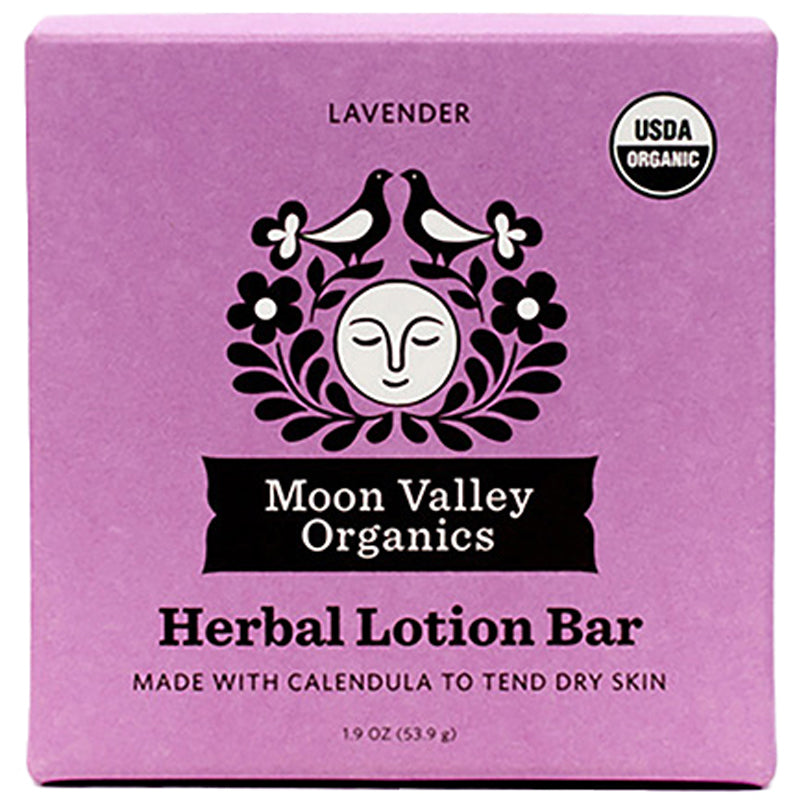
Unlike other lotions, this lotion bar is incredibly concentrated to lower waste and increase rich comfort to the skin. Made with sustainably-harvested beeswax, this lotion bar doubles the moisture seal on the skin compared to water-based lotions. Plus, Moon Valley is both Leaping Bunny and Cruelty-Free certified!
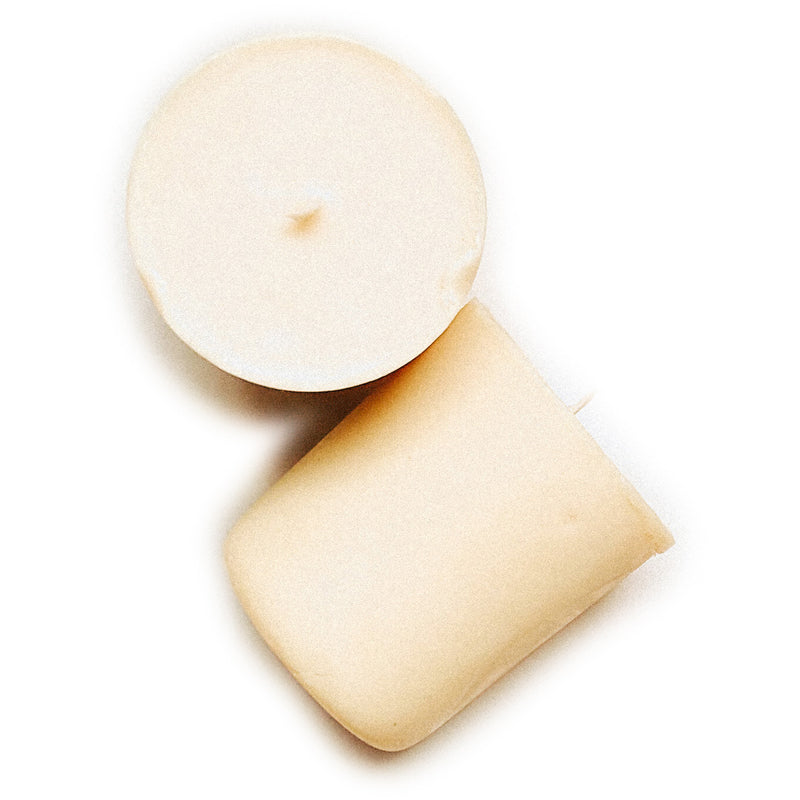
Beeswax Candle | Hive to Home
Handmade by a small team in Michigan, these beeswax candles utilize locally-harvested beeswax and are packaged completely plastic-free! Plus, they include both unscented and scented versions so everyone’s happy!
Resources
- https://empoweredsustenance.com/beeswax-candles-and-allergies-an-effective-solution/
- https://www.beeculture.com/a-closer-look-beeswax-wax-glands/
- https://beekeepclub.com/harvest-beeswax/
- https://www.canr.msu.edu/nativeplants/pollination/#:~:text=Bees%20make%20excellent%20pollinators%20because,pollen%20grains%20through%20electrostatic%20forces.
- https://bees.caes.uga.edu/bees-beekeeping-pollination/pollination/pollination-protecting-pollinators-from-pesticides.html
Want to learn more about what our products are made with and from? Check out our blog category ‘Materials + Ingredients’.

